Questions have been raised over Haiti’s official narrative for the assassination of its president, Jovenel Moïse, who was gunned down at his mansion in Port-au-Prince during the night of Wednesday 7, July. Haitian police and the politicians who stepped into the political vacuum created by Moïse’s killing have claimed he was shot at about 1 am by members of a predominantly Colombian hit squad who had stormed the president’s hillside residence. “Foreigners came to our country to kill the president,” police chief Léon Charles alleged after the shooting.
However, opposition politicians and media reports in Haiti and Colombia are now casting doubt on that version, as uncertainty grips the Caribbean country and the streets of the capital remain eerily quiet amid fears Haiti is lurching into a new phase of political and social upheaval.
There was a time when Haiti was at the centre of the New World. It was one of the richest islands on the globe, producing cane sugar for the sweet tooth of Europe. It cultivated coffee, cotton, and rice, and it produced rum. The Pearl of the Antilles, the island stood at the gateway to all the resources of South and Central America. Mexico, with all its gold, lay just beyond Haiti’s northernmost cape. Great powers of the era — France, Britain, Germany, and the United States — vied for political and military control.
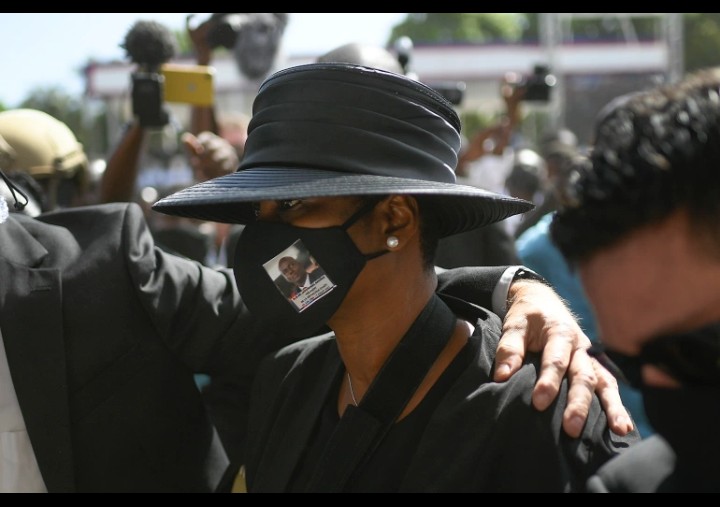
Now, to say the least. Haiti is a failed state. Failed by the West after centuries of violence and resource extraction and failed by its own leaders who have also enriched themselves off the backs of their compatriots. Jovenel Moïse was assassinated. A group of gunmen stormed his home in the capital Port-au-Prince. He was shot at least 12 times. Moïse will not be missed. But Haitians will see unsettling parallels with the removal of their first democratically elected president. Jean-Bertrand Aristide was ousted not once but twice in military coups green-lighted by France and the US. Aristide had preached a heady programme of popular liberation theology, of decent poverty rather than starvation, illiteracy, and unemployment. Needless to say, that programme has not yet been realised.
Aristide’s ideas threatened the stranglehold that eleven families, collectively known as Haiti’s ‘business Mafia’, have on the economy. These families were the power players during the post-earthquake electoral fiddling (monitored by the US and the Organization of America States) that brought Haitians first Michel Martelly and then Moïse himself, neither one elected in anything resembling free and fair elections. While the world has watched as Haiti is tormented by one crisis after another, for the eleven families, not much has changed. They were in charge before and during Moïse’s reign and they are still in charge now. At least for the moment.
The Haitian police, who never managed to arrest or try a suspect in all the murders that took place under Moïse’s rule, have now swiftly gathered up a squad of hapless Colombian security guards as prime suspects. But there are other theories about whodunit?
Among them, the most plausible: in recent months, Jovenel Moïse, who had already destroyed the institutions of Haitian governance (legislature, judicial system, municipal civic structures), was ruling by decree and was trying to rewrite the Haitian constitution to give himself more powers. He had canceled some of the most lucrative government contracts and customs franchises of the eleven families of the business mafia. Moïse said recently that he planned to reveal evidence of their extreme corruption. This cannot have sat well with them. They saw a future dictator taking them down and with them their financial fiefdoms. Voilà, some credible auteurs, with a motive and both the guts and the means to make things happen.
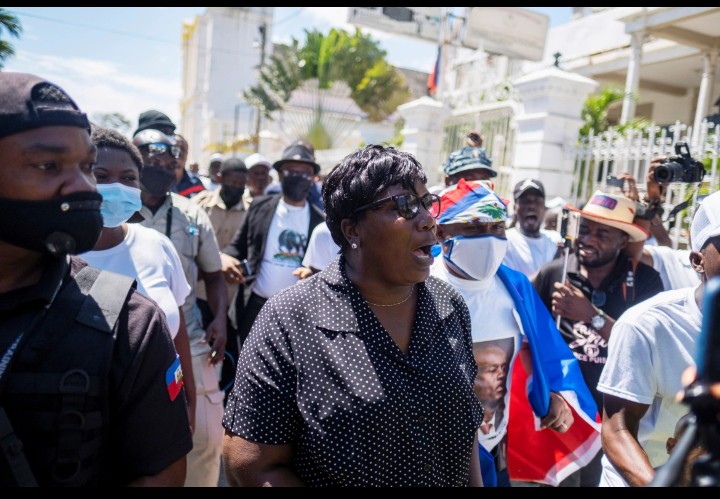
Every day the plot continues to thicken: the Colombian hit squad; an anti-terrorist security firm that hired the Colombians; a quiet but scheming Haitian doctor in Miami; a luncheon where the assassination was planned; a cellphone call by one of the Colombians that ended when he was killed in a hail of gunfire by the Haitian police; whispered, inconclusive testimony on Twitter from the hospital bed of Moïse’s injured widow; and finally the suggestion that several of the Colombians were one time informers for the US Drug Enforcement Agency. No doubt a tall dark man in a top hat, wearing a cloak and a handlebar mustache, will soon be added to the storyline.
Officials from the US Department of Homeland Security, the State Department, and the National Security Council went down to Port-au-Prince for a lightning visit during in which they spoke to all three of these comedians, as Graham Greene would call them. As an American intelligence expert said ‘The beneficiaries of the death of Moïse are, if history is any guide, everyone except the fallen president. His assassination will provoke a feast.’

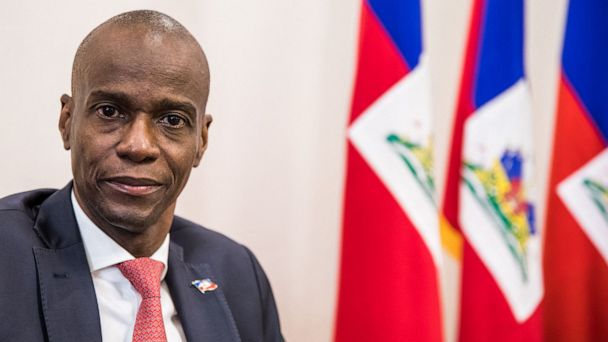
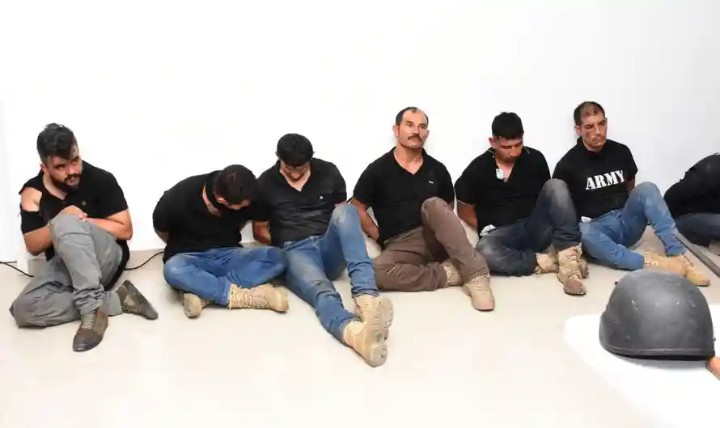
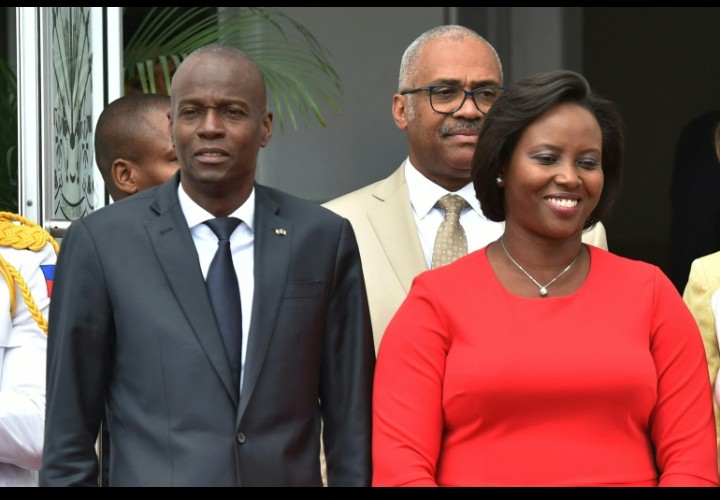
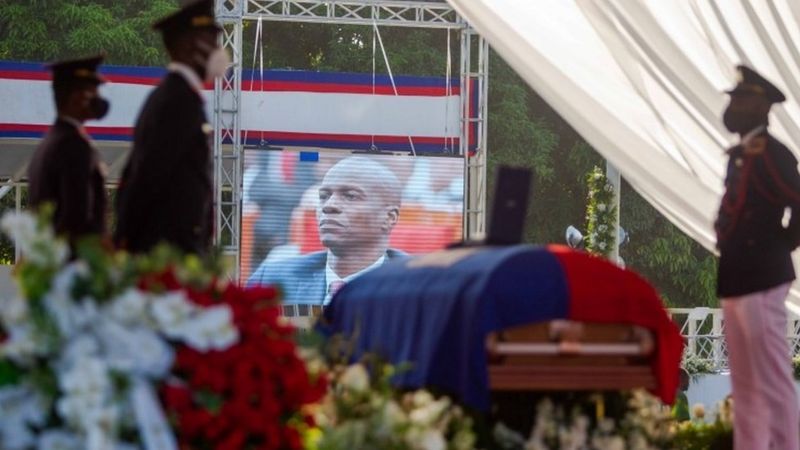
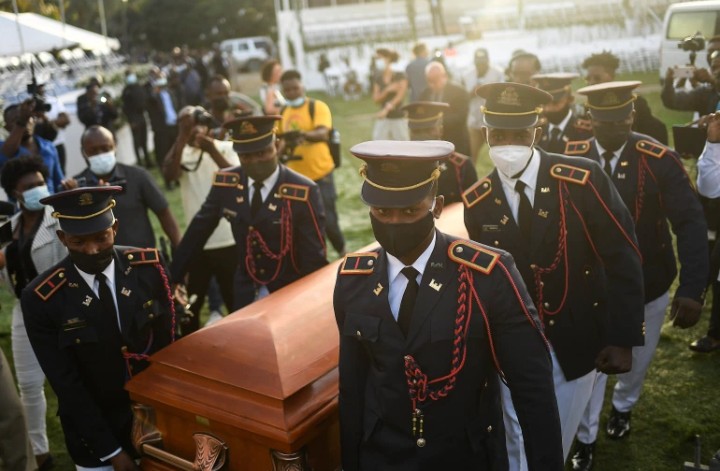
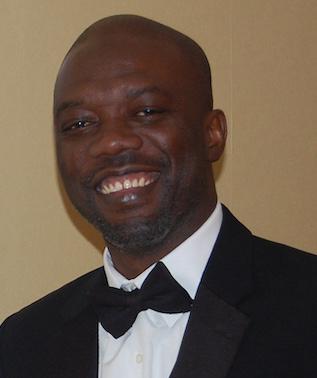






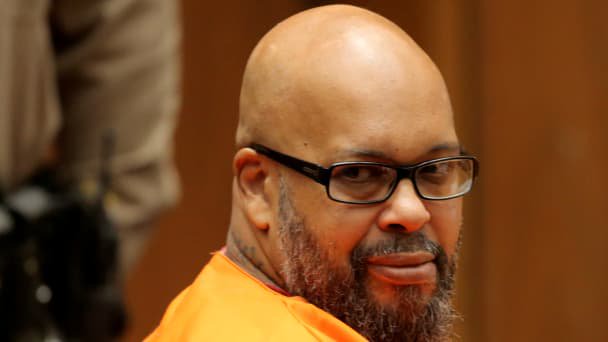


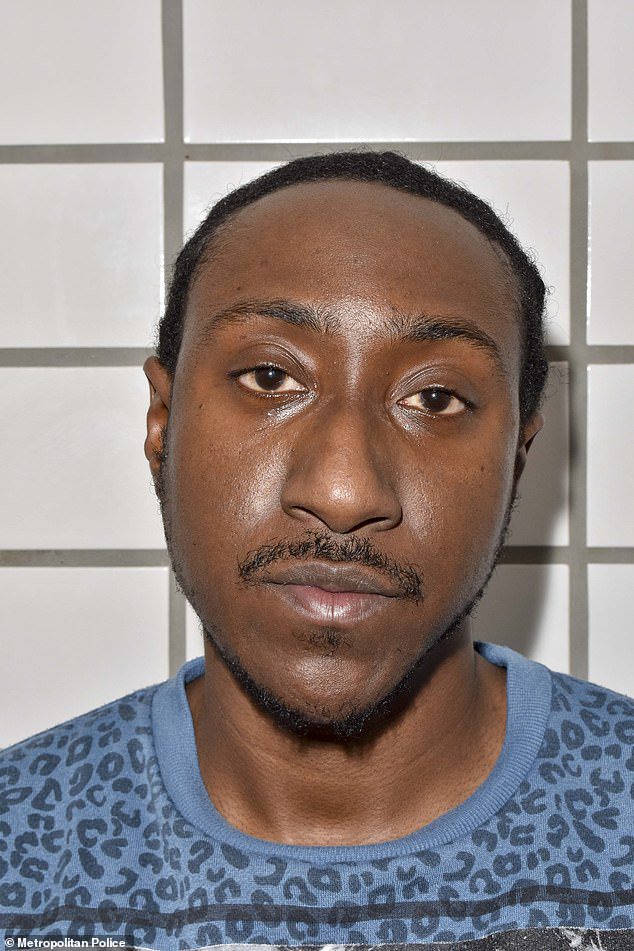


Мечтай о пин-ап казино
jogos de cassino que pagam pinupcasinojenzolo.com.
Thank you for your sharing. I am worried that I lack creative ideas. It is your article that makes me full of hope. Thank you. But, I have a question, can you help me?
Simply desire to say your article is as astounding. The clarity in your post is simply great and i can assume you’re an expert on this subject. Fine with your permission let me to grab your RSS feed to keep up to date with forthcoming post. Thanks a million and please carry on the enjoyable work.
I’d have to examine with you here. Which is not one thing I usually do! I take pleasure in reading a post that may make folks think. Additionally, thanks for permitting me to comment!
I have been absent for some time, but now I remember why I used to love this website. Thanks, I’ll try and check back more frequently. How frequently you update your web site?